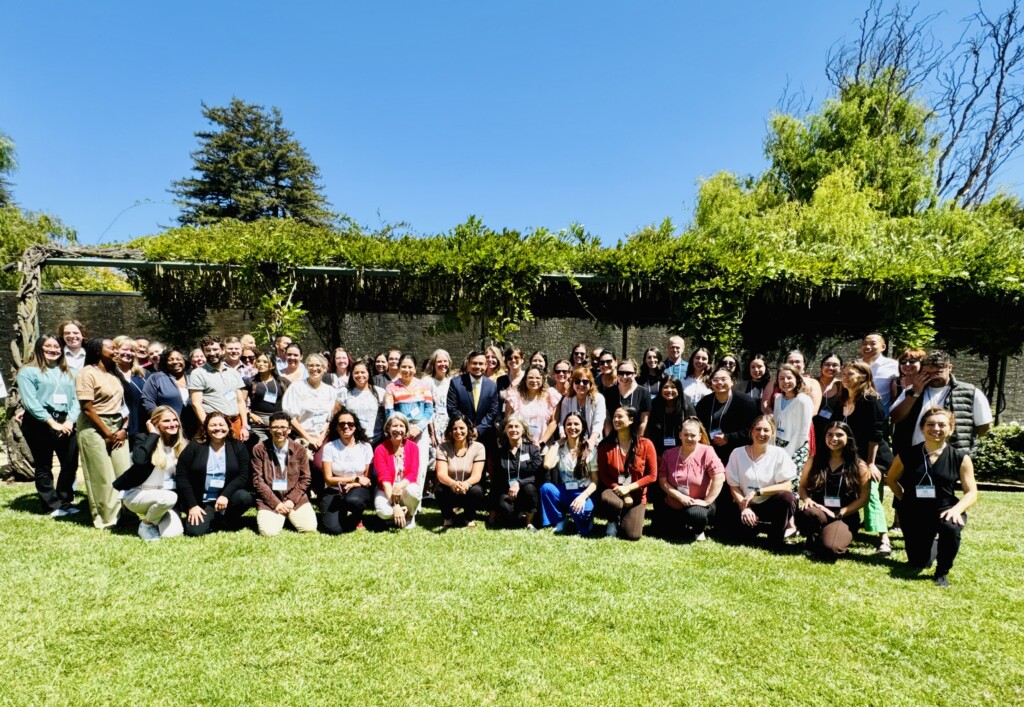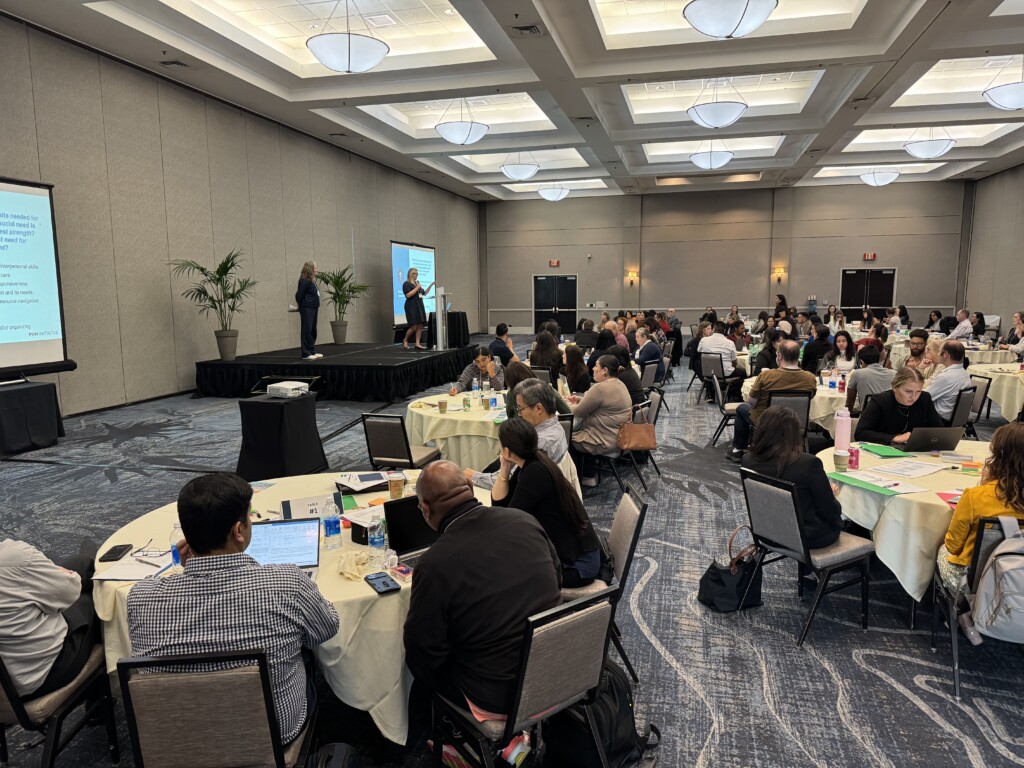It was a busy summer, with two PHMI Regional Learning Sessions held in Santa Rosa and Burbank, respectively. Learning sessions are designed to build a stronger sense of community amongst peers working on PHMI regionally and discuss promising practices and emerging challenges within their population health management journeys.
On August 29, 77 PHMI CHC representatives from Alexander Valley Healthcare, Alliance Medical Center, Petaluma Health Center, Santa Rosa Community Health, Sonoma County Indian Health Project, Sonoma Valley Community Health Center, and West County Health Centers, as well as representatives from PHMI Program Office, Practice Transformation (PT) Partners, Partnership HealthPlan of California, California Primary Care Association, and Aliados Health came together in Santa Rosa for a day-long regional learning session.

On September 18, 107 PHMI CHC representatives from APLA Health, Asian Pacific Health Care Venture, Comprehensive Community Health Centers, East Valley Community Health Center, Eisner Health, Northeast Valley Health Corporation, ParkTree Community Health Center, Saban Community Clinic, San Fernando Community Health Center, UMMA Community Clinic, Universal Community Health Center, Valley Community Healthcare, Venice Family Clinic, and Via Care Community Health Center, as well as representatives from PHMI Program Office, PT Partners, and the Community Clinic Association of Los Angeles County came together in Burbank for our biggest regional learning session to date.
Learning topics for both events included:
- Building Partnerships to Address Health-Related Social Needs
- Integrated Behavioral Health: Practical Strategies Toward a Shared Vision
- Care Team Workflows: Pain Points to Practical Solutions
- Using Enhanced Care Teams to Improve Clinical Outcomes
- Social Health Screening: Capturing and Utilizing Data
Both learning sessions covered important discussions and highlighted innovative practices on addressing social determinants of health.
For example, in Santa Rosa, PHMI CHC attendees shared key insights on how patients’ health-related social needs can be addressed through unique and community-centered strategies. One CHC described partnering with local tribes to create culturally relevant interventions for indigenous communities. Another CHC discussed working with a local managed care plan to develop financial aid and food assistance programs. The value of building relationships with community organizations to expand social services for people with behavioral health needs was also emphasized by one of the participating CHCs.
Additionally, in Los Angeles, PHMI CHC attendees shared key insights on how patients can be screened for social determinants of health in a timely and effective way. Another CHC discussed working with a local managed care plan to develop financial aid and food assistance programs. They emphasized the value of building relationships with community-based organizations to expand social services for people with behavioral health needs.

To ensure that all PHMI CHCs are continuously learning from each other, PHMI will continue to offer webinars, affinity groups, and eLearning modules, as well as resources hosted by key partners throughout the Initiative.
We’re looking forward to the next in-person event, the North Coast Clinics Network (NCCN) Regional Learning Session, on October 15 in Mendocino County!